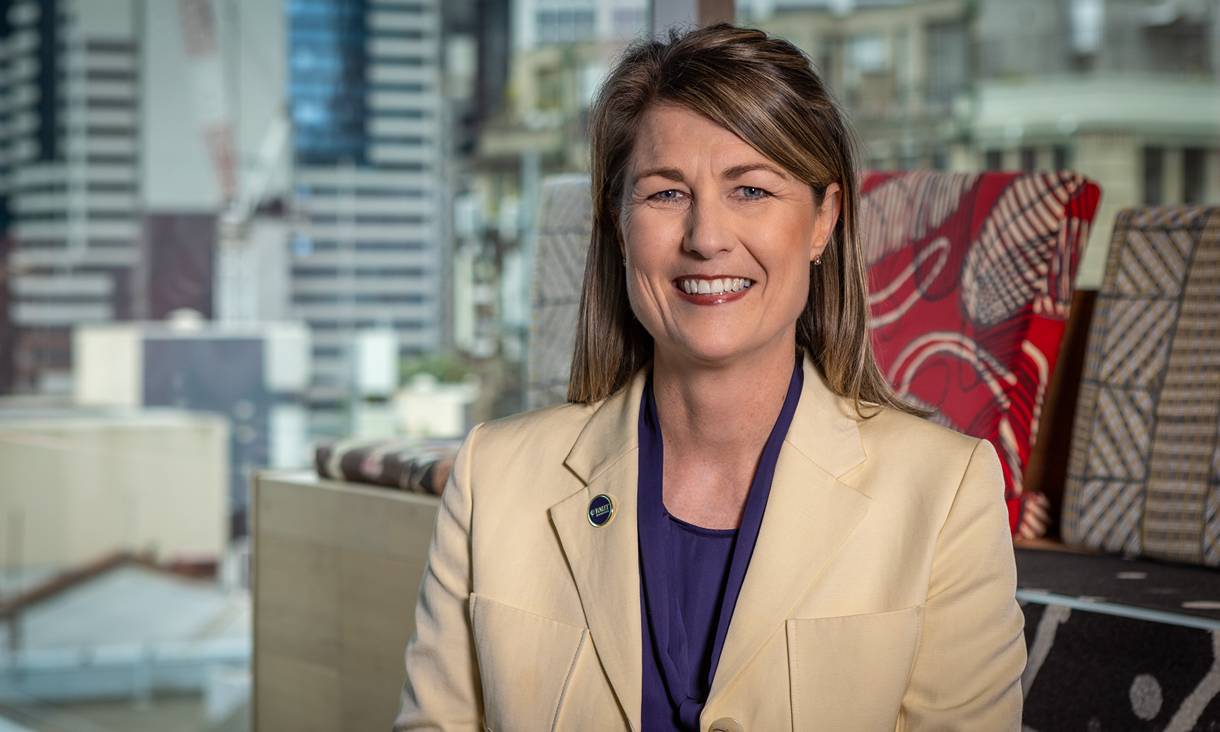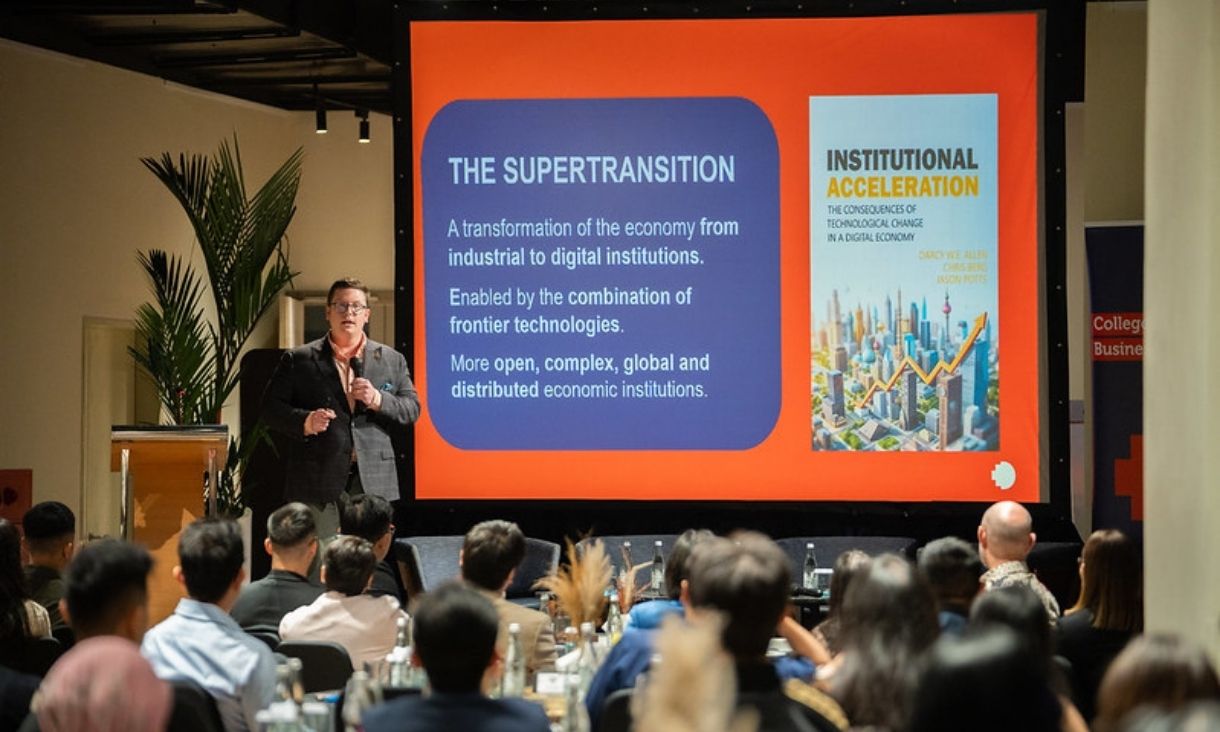Social distancing requirements seemed like a death knell for the service economy, as bricks and mortar stores and face-to-face services were forced to suspend normal operations.
But while some businesses went into hibernation, others pivoted to online, with the health and fitness industry one of the many to embrace livestreaming and on-demand video as their new service model.
Dr Sandy Ng-Fitzgerald, a researcher of services that better consumer health and wellbeing in RMIT’s College of Business and Law, said the switch to online could fundamentally change the way yoga studios operate, even as they begin to reopen.
“This virus has placed a spotlight on the integral role digital technology plays in our daily lives and in business,” she said.
“Now that studios have set up infrastructure to offer both physical and livestream yoga classes, they are able to offer members different membership categories at different price points.”
While most customers still prefer face-to-face classes over online, continuing to offer both could enable studios to retain more customers as online delivery appeals to those with less money to spend or time to travel for classes.
“Different membership categories will cater to different types of yoga practitioners and as a result, studios may be able to attract more clientele.”
Ng-Fitzgerald said service organizations need to re-imagine their use of digital technology to offer meaningful alternatives to face-to-face service consumption.
“There are numerous technologies that can facilitate online yoga, however, to ensure students get the most benefit out of each experience, studios must consider if the technology fits with the purpose and objective of the class,” she said.
“For example, if a teacher is simply leading a yoga class for regular practitioners, Instagram Live is a good choice because there is not a need to see the students during the practice."
“However, if teaching new sequences or skills or leading beginners, then Zoom would better allow a teacher to observe students and instruct them at the same time.”
She said teaching online had also opened up new business opportunities for individual yoga teachers who mostly work as freelancers across several studios.
“Online yoga provides yoga teachers with another income stream that is not dependant on studio classes.”
“As livestream classes continue to become more normal and accepted within the yoga community, teachers can easily start their own business and teach online.”
While much of the yoga experience was possible to replicate with online classes, Ng-Fitzgerald said it was the social connection provided through physical studios that was harder to provide online.
“Businesses offering services such as yoga classes have found an alternative way to deliver it during this challenging time through digital technology.”
“They now have a unique opportunity to learn what works and carry it forward to expand their future service offering.”
The research, The Lotus in the Mud: A Conceptual Model of Livestream Yoga Service Experience, will appear in a forthcoming book published by Springer, titled COVID-19 and the Future of the Service Industry Post-Pandemic.
Story: Grace Taylor




